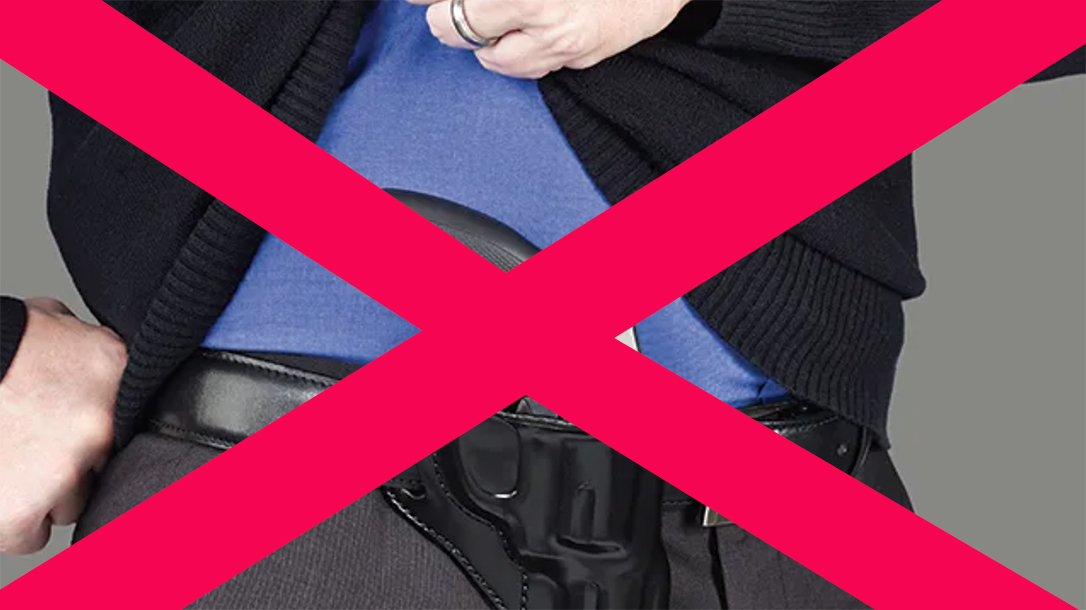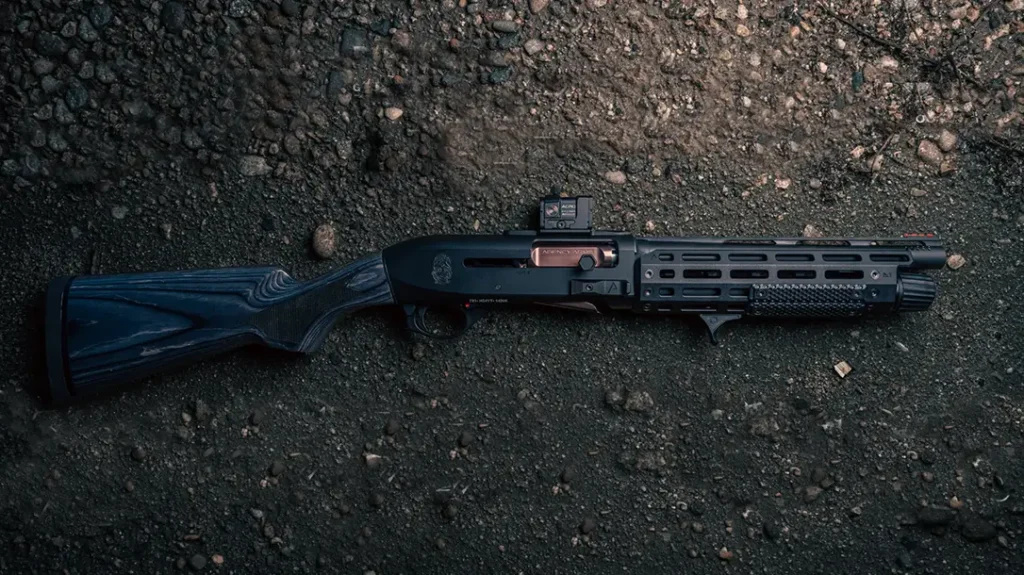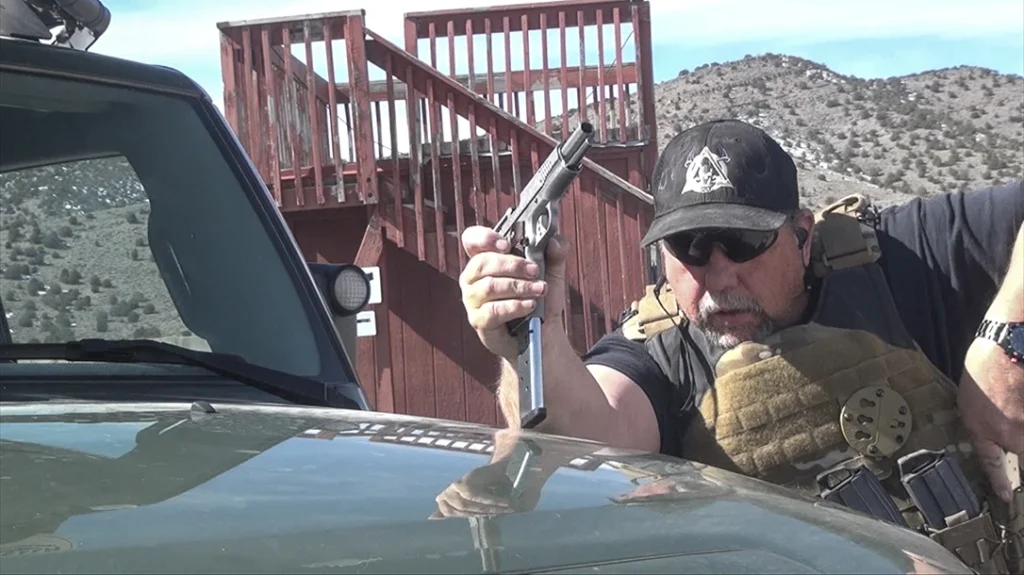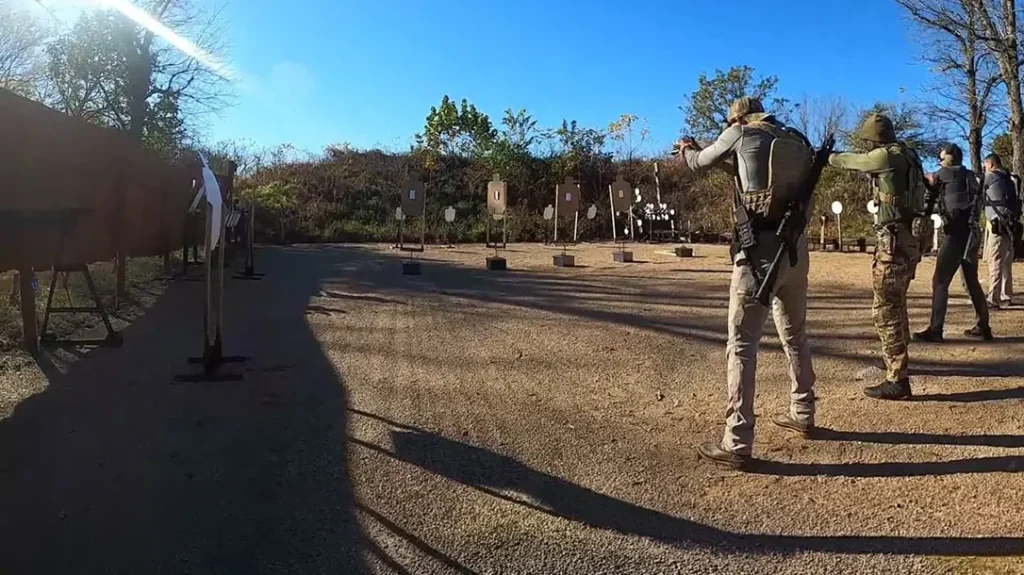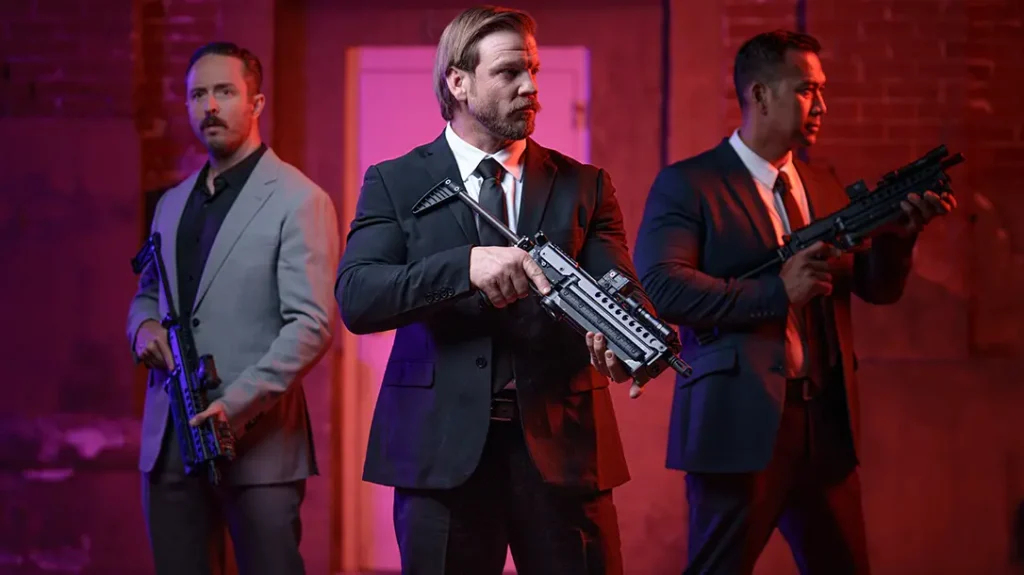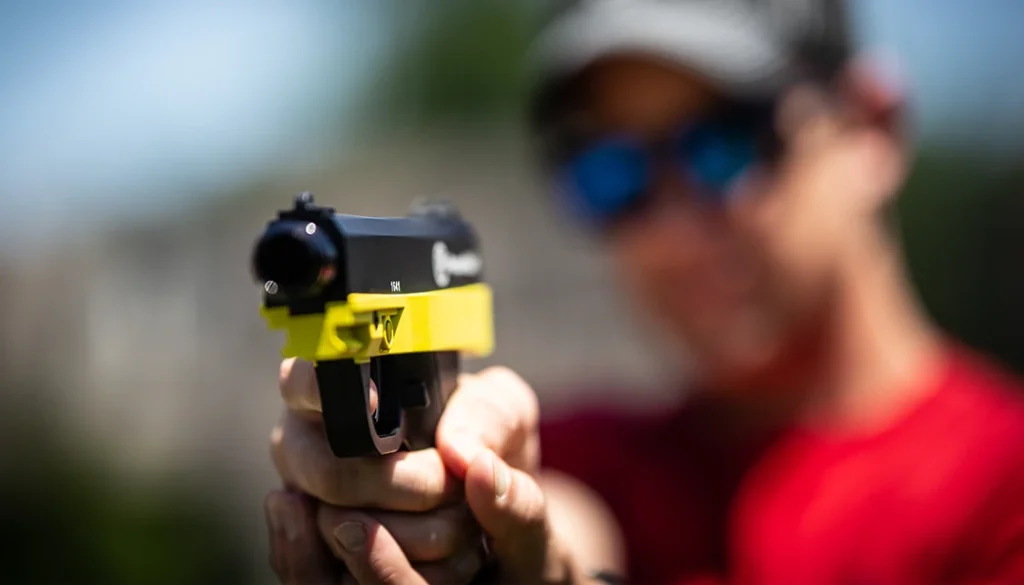“Sensitive Locations” has become the new buzz word and legal framework some states have been trying to create and use in the wake of the Bruen Supreme Court Ruling. The Bruen Supreme Court decision sent a shockwave through the nation and especially in states like New Jersey. Simply put, the Bruen decision removed a state’s authority to require someone to document a “justifiable need” for a concealed carry permit. Under Bruen, as long as someone lawfully complied with the other parts of the permit process, they could obtain a concealed carry permit without documenting why.
New Jersey Law Enforcement Officers Under Siege
Prior to Bruen, New York and other states including New Jersey had a “justifiable need” requirement. Being an American citizen, old enough, who never broke the law, passed a background check and not fitting the ATF list of prohibited persons failed to meet the criteria for a permit. New Jersey went so far as to require three character references, with the permit signed by a judge.
For New Jersey though, the Bruen decision comprised the second of a one-two legal punch. The first came from a federal judge’s ruling that overturned New Jersey’s state laws restricting otherwise qualified law enforcement officers’ concealed carry rights under the federal provisions of the Law Enforcement Officers Safety Act (LEOSA). New Jersey’s laws preempted that federal statute.
Advertisement — Continue Reading Below
According to LEOSA, a retired or qualified law enforcement officer under 18 U.S.C. § 926C(c) (“QRLEO”), with identification required by 18 U.S.C. § 926C(d), regardless of residence, retained their LEOSA concealed carry waiver without a requirement to abide by New Jersey’s overly restrictive and unconstitutional policies.
Gun Control Via Regulatory Schemes
For decades New Jersey created its own regulatory scheme that ignored the preemptiveness of federal law and required otherwise qualified law enforcement officers to seek a New Jersey styled permit through their retired law enforcement officer program, which stated that despite the federal statue, every law enforcement officer in New Jersey was mandated to pay for and obtain this permit.
Prior to the federal court decision, New Jersey’s legal and regulatory scheme under their Retired Police Officer (RPO) permit process thwarted qualified law enforcement officers at every turn and penalized them for not complying.
Advertisement — Continue Reading Below
You would think the federal court decision would have made New Jersey reconsider its concealed carry laws and policies related to law enforcement officers but then the Bruen case hit and sent the state’s Governor, Attorney General and Legislature into a legal tizzy.
New Jersey didn’t have to look far though for a solution. Across the river in New York state, the loser in the Bruen decision, New York introduced a novel legal concept and called it a “sensitive locations” law. These “sensitive locations” restricted otherwise lawful concealed carry on mass transportation, in parks, by hospitals and other areas effectively making wide swaths of “no gun carry” zones across the state.
New York, New York
Desperate for an idea to curb what New Jersey perceived as an increase in lawful gun carry, the state legislature rapidly introduced NJ Assembly Bill A4502 which would also create these “sensitive locations” across the state.
Advertisement — Continue Reading Below
Unlike New York though, New Jersey’s proposed law would go further. New Jersey eliminated carry in any of these zones, including law enforcement officers. As written, the bill says, “Any person who knowingly has in the person’s possession a firearm in or upon the following venues is guilty of a crime of the fourth degree irrespective of whether the person possesses a valid permit to carry a firearm issued pursuant to N.J.S.2C:58-4:,” which would seem to include active duty police officers – on or off duty and LEOSA qualified officers. That same language reads throughout the proposed bill.
As restrictive as least New York’s law is, they were smart enough to caveat out; Police officers in New York State, military members, hunters, armed security guards and others typically allowed concealed carry, including retired law enforcement officers who qualify under 18 U.S.C. 926(C) (the Law Enforcement Officers Safety Act, or LEOSA).
New Jersey puts this idea forward while violent crime rates in cities like Newark, continue to rise as aggravated assaults and robberies exceed those in 2021.
Advertisement — Continue Reading Below
New Jersey Doubles Down
So while New York used some common sense, New Jersey once again is over the top and continues to try and impede law enforcement officers and other law abiding citizens concealed carry rights.
These policies in New York and New Jersey are not without its consequences. Lawsuits have been filed in New York challenging its “sensitive areas” laws overreach and training requirement and the 3rd US Circuit Court of Appeals and the federal judge rejected New Jersey’s request for a stay of the order issued by in the successful U.S. District Court ruling, which ordered New Jersey to fully implement LEOSA per 18usc926c.
While we wait as these states fail attempting to try to negate federal court rulings, one thing is clear, the amount of time New Jersey and New York has spent trying to impede and defend against these court challenges and trying to criminalize cops – could be used focusing on fighting crime.
Advertisement — Continue Reading Below
